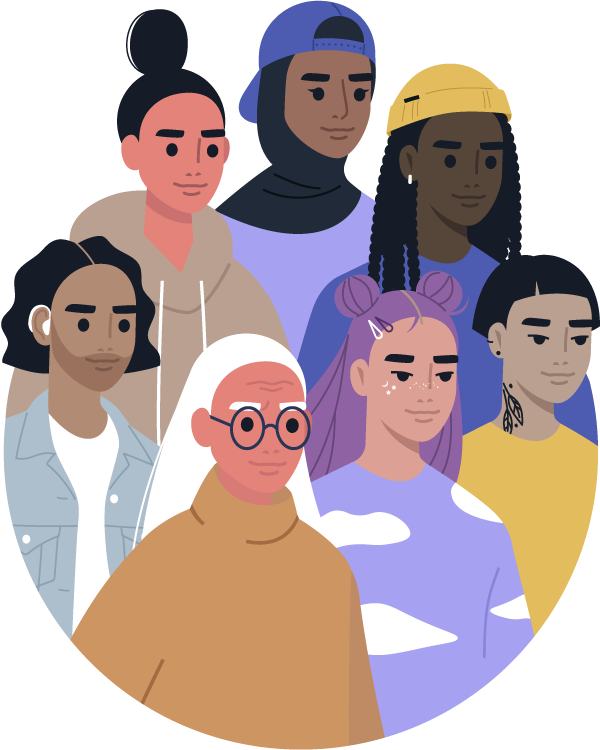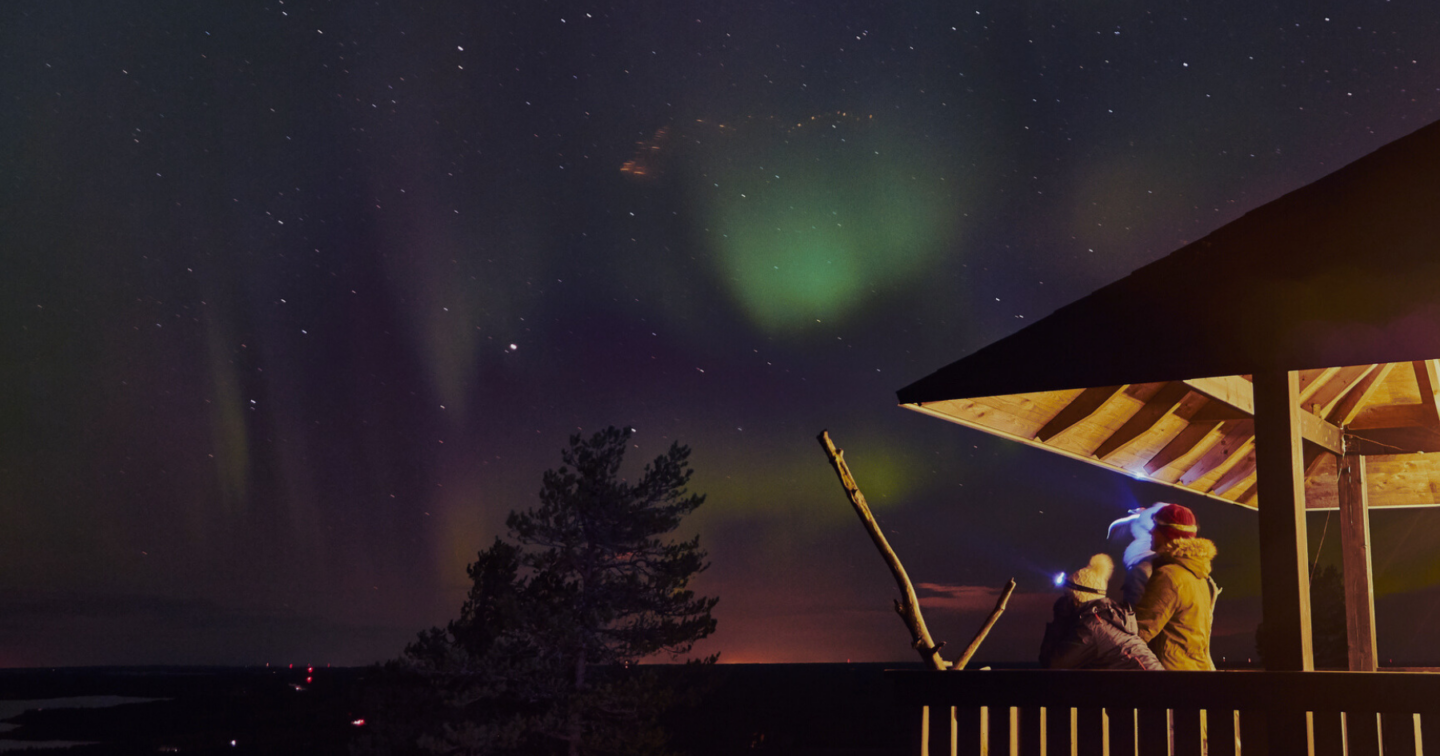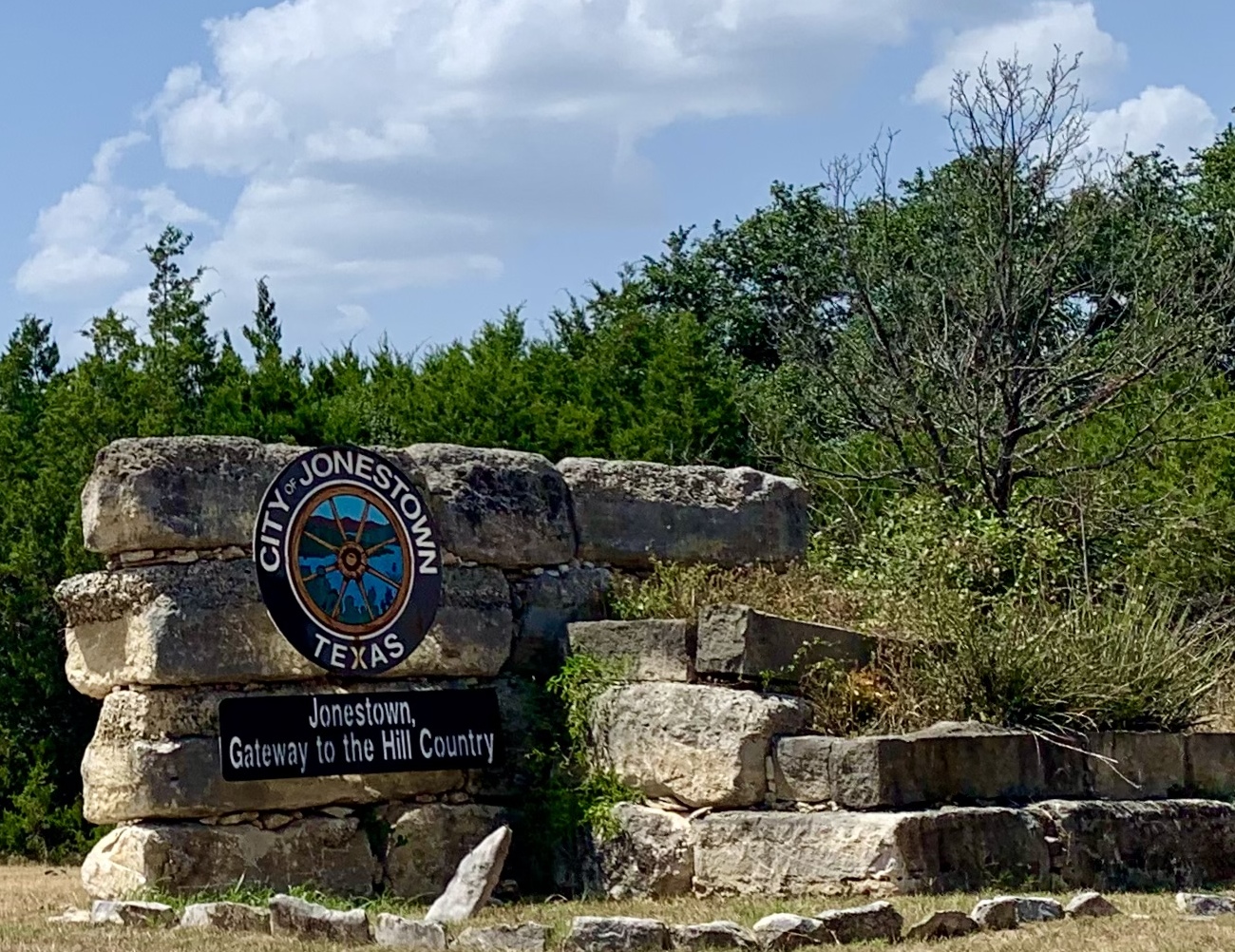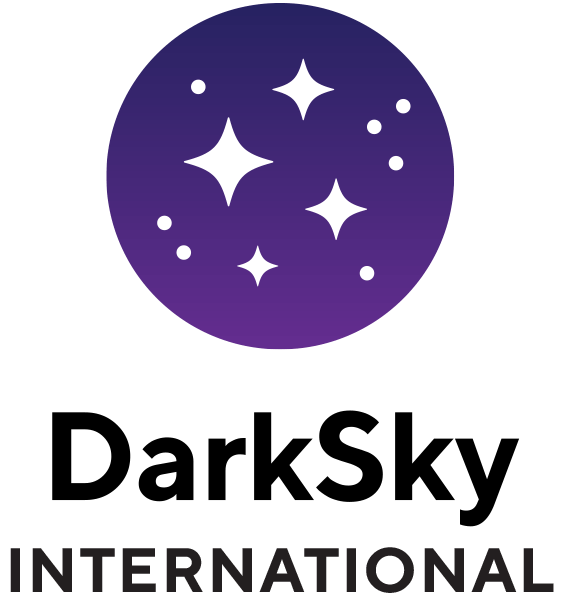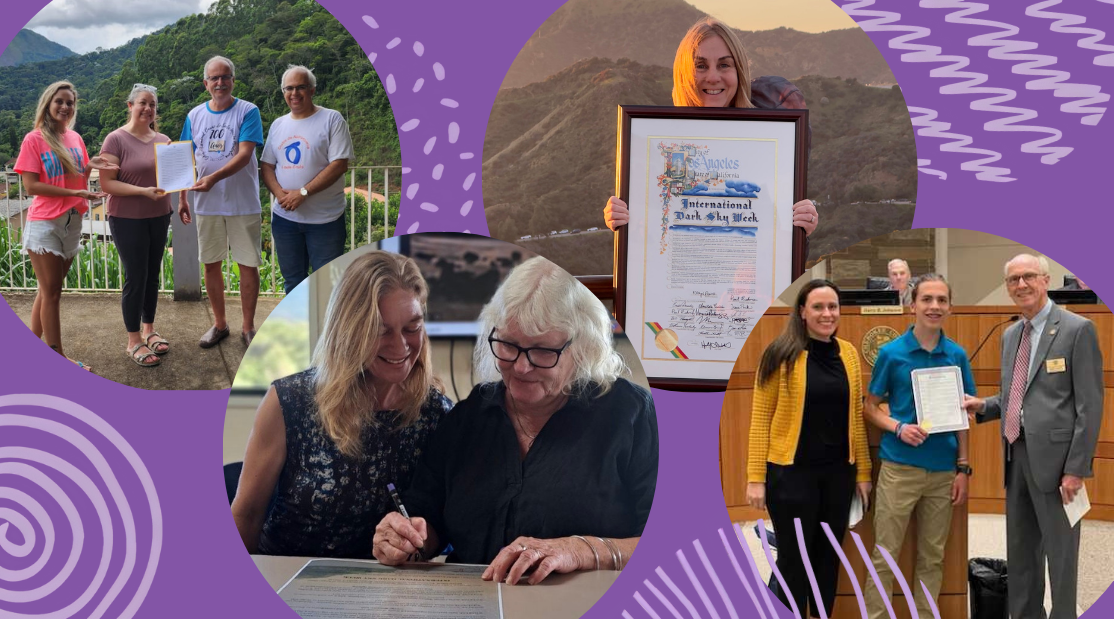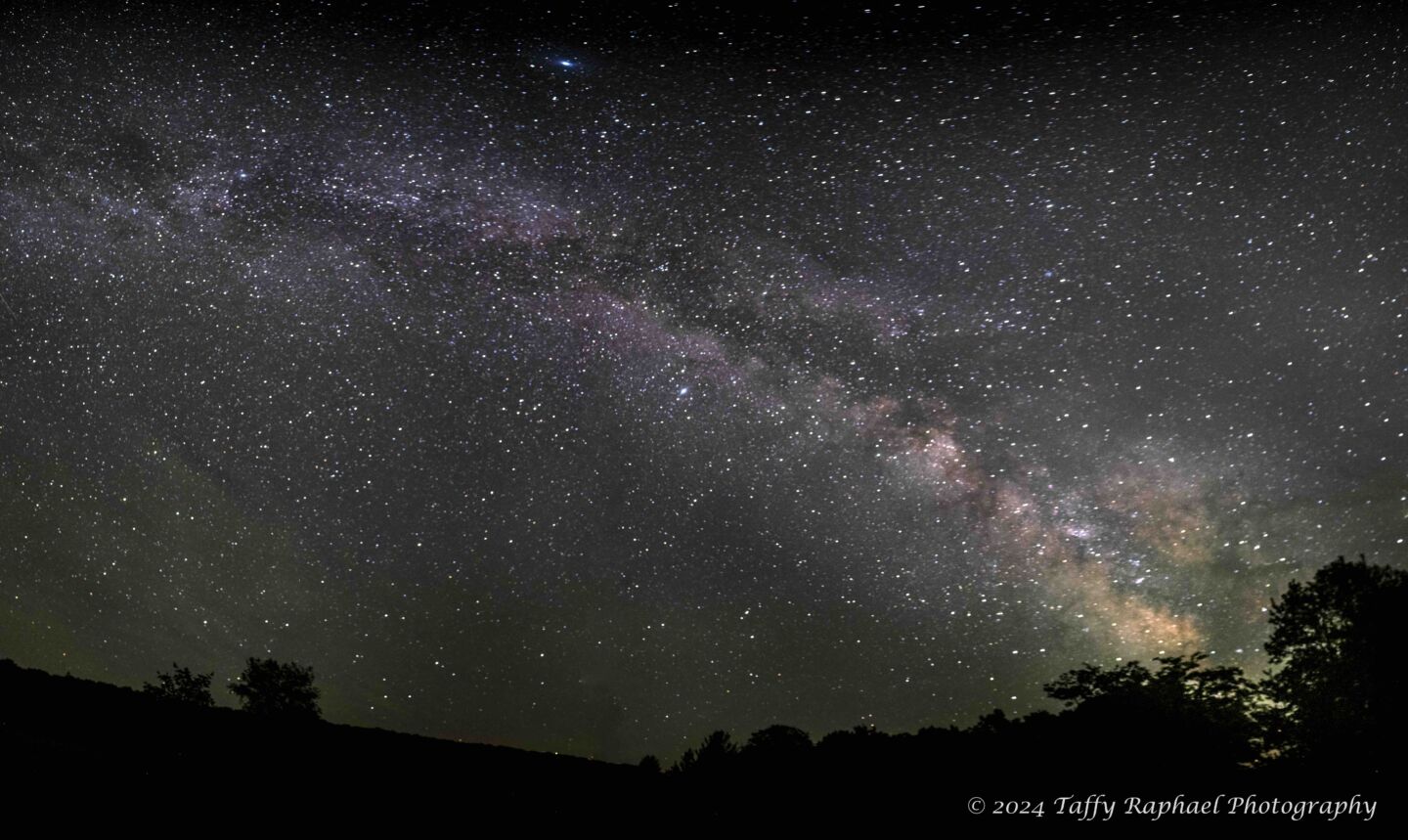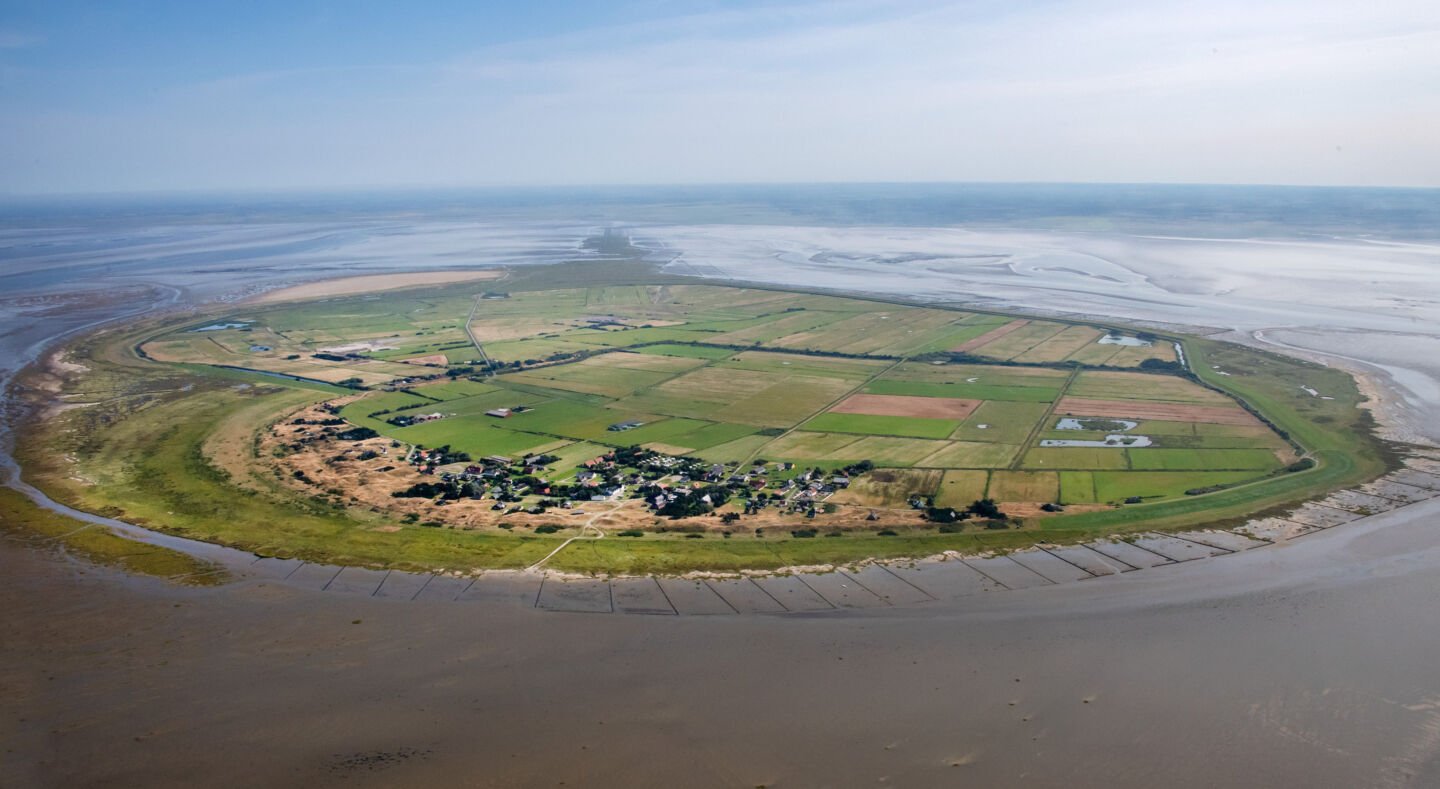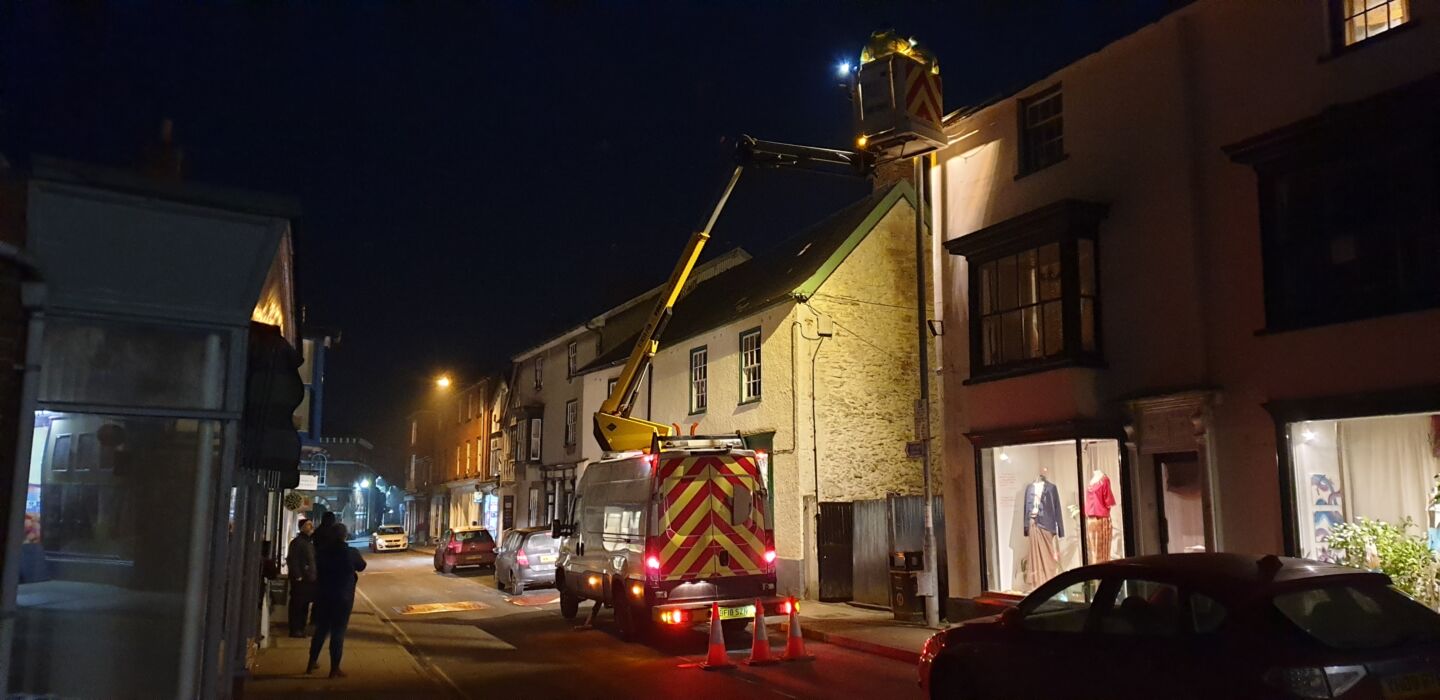
Nalayini Brito-Davies: Leading dark skies in New Zealand
Nalayini Brito-Davies, a DarkSky Advocate and astronomer with a finance background, leads New Zealand’s journey to become a dark sky nation, preserving natural beauty and promoting astrotourism.
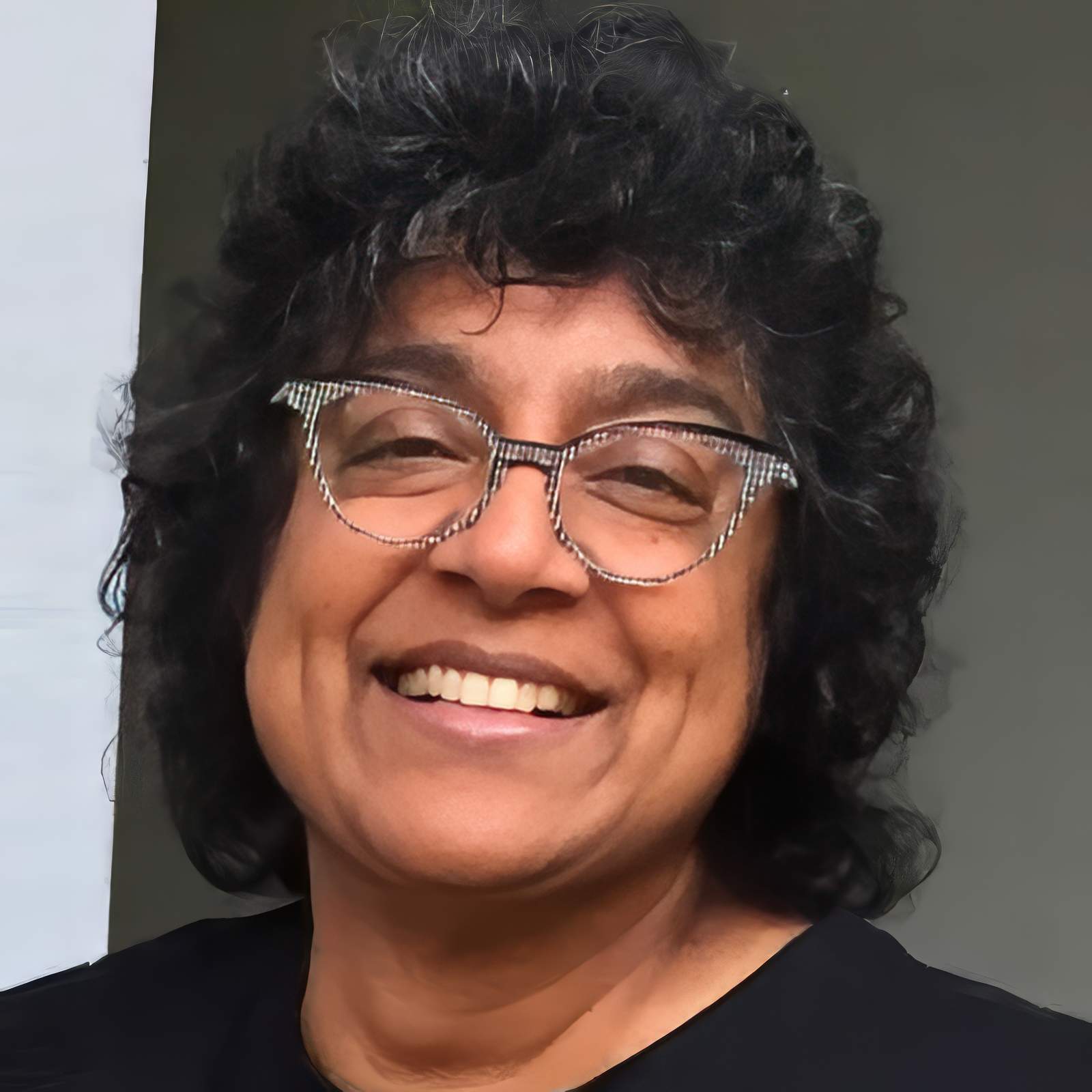
Each month DarkSky International features a DarkSky Advocate from the worldwide network of volunteers working to protect the night. This month we’re highlighting the work of Nalayini Brito-Davies in New Zealand.
Nalayini Brito-Davies is an accomplished DarkSky Advocate with a wide range of interests and experiences. She is a passionate astronomer and a chartered accountant with an MSc in finance. She is the vice president of the Royal Astronomical Society of New Zealand, the Chair of Astronz, and the executive director of Vinstar Consulting. Nalayini was instrumental in establishing Aotea/Great Barrier Island as a DarkSky-accredited International Dark Sky Sanctuary and co-leads the promotion of New Zealand’s journey to become a dark sky nation. She is also currently serving as Vice President of DarkSky International.
Nalayini has been a member of the Auckland Astronomical Society for over 30 years and has been the chair of Astronz since 2016. Astronz is a registered charity that distributes astronomical equipment and promotes astronomy and dark skies in New Zealand. She has written articles, regular book reviews, and astronomer interviews for the AAS Journal and writes monthly star-watching columns for numerous local newspapers.
Brito, who was born in Sri Lanka, began her interest in astronomy when her grandfather showed her a bright comet and a total solar eclipse when she was 10 years old.
“He was a science teacher and he sort of infected me with the wonders of the sky, which, in your everyday life, you don’t often get exposed to. So that gave me a lifelong interest in astronomy,” she recalls.
Her interest in astronomy continued to grow, and, when she was in her 20s, she bought herself a telescope. However, it wasn’t until later in life, after moving to New Zealand, that she was able to fully pursue her passion for astronomy. She has since become heavily involved in the dark sky community, working to protect the night in New Zealand and beyond. In addition to her work in the dark sky community, Brito also has a successful career in finance. She runs an international development consultancy with her husband, working on projects in more than 35 countries.
Brito’s unique combination of interests has allowed her to bring a special perspective to the dark sky movement. She understands the importance of preserving the natural environment and the role that dark skies play in that. Her work in finance has also given her the skills needed to navigate the complex issues surrounding light pollution and its effects on the environment.
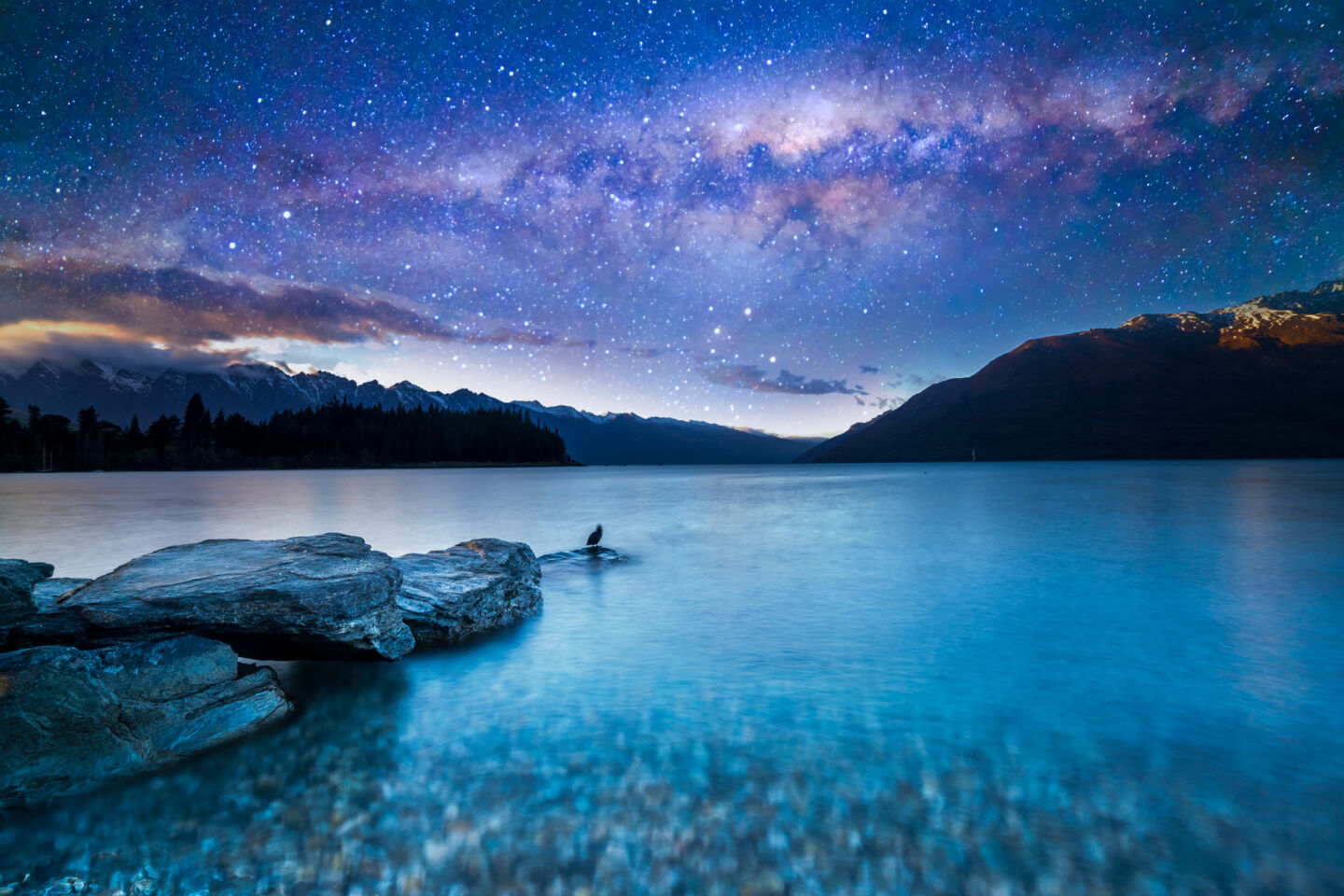
Currently, Nalayini is most excited about New Zealand’s journey to become a dark sky nation. She believes that it would be a significant achievement for New Zealand and would offer many benefits, including preserving the natural beauty of the night sky and promoting astrotourism.
Nalayini has been working to certify many International Dark Sky Places (IDSPs) in New Zealand. Her work with Great Barrier Island led to its nomination and subsequent accreditation as a DarkSky International Dark Sky Sanctuary.
“I sort of got deeper into learning more about it. So I basically got myself a sky quality meter for measuring when I traveled. And Waikiki is actually really dark. It’s an aspiring Dark Sky Place, and I thought to myself ‘If this is this dark, how dark must Great Barrier Island be?’” She is now working with several aspiring Dark Sky Places in New Zealand and monitors night sky quality for two of New Zealand’s five IDSPs.
New Zealand is renowned for its breathtaking natural scenery, and now the country is also being recognized for its incredible dark skies. The nocturnal conservation initiative is not just about conserving biodiversity and wildlife, but it also preserves cultural history. The Māori Indigenous peoples used the night sky for navigation when crossing the sea. The historical and cultural significance of the night sky is deeply rooted in the country’s past, and today people like Nalayini are working to protect that, too.
Nalayini’s favorite thing about the night sky is observing the wonders of the universe, both through astronomical equipment and naked-eye astronomy. Her most memorable moment at a dark sky place was seeing the Milky Way so clearly on Great Barrier Island. This inspired her to face the challenges of persuading the public and policymakers about the importance of dark skies by highlighting their benefits for tourism and the environment.
“It’s sort of community-based, where everyone’s a volunteer. And I always say every dark sky place is unique. I’ve seen all of them. They’re all special because they offer something unique only to them,” she says.
For Nalayini, dark sky initiatives have many angles that can appeal to people with different interests. She believes that there is a lot of room for creativity, advocacy, and conservation.
“My passion for dark skies comes from being an astronomer. It’s not often you get a chance to get behind the conservation initiative in a very hands-on way. So I feel its cultivation close to my heart.”
If you are also interested in connecting with other like minded dark sky advocates, join the DarkSky Advocate Network here!

